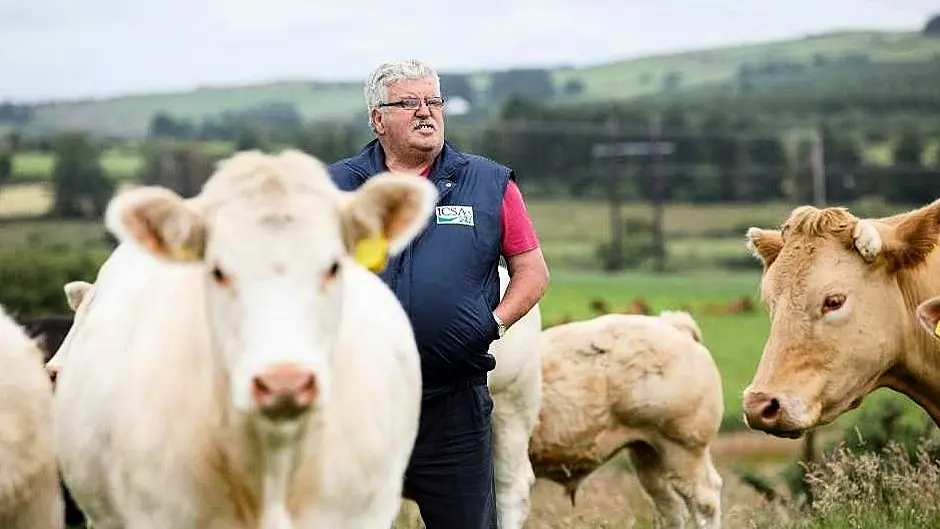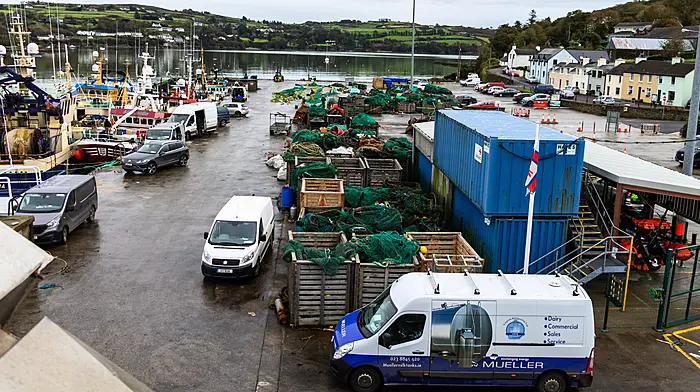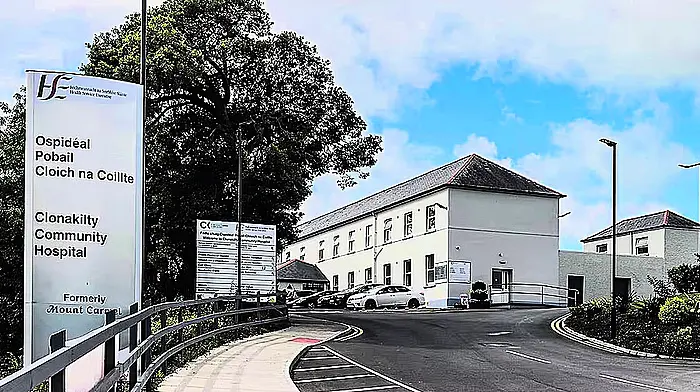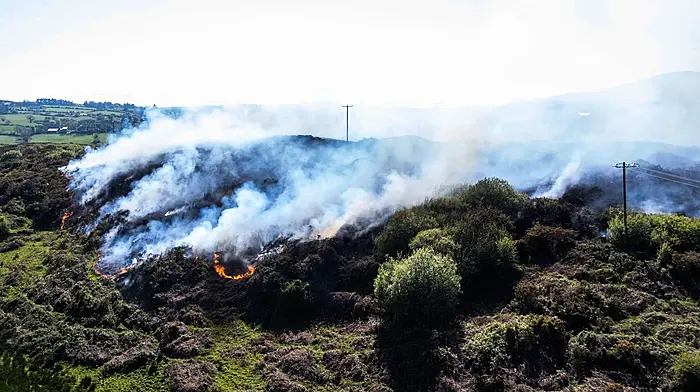BY MARTIN CLAFFEY
THE president of the ICSA Dermot Kelleher has welcomed an EU decision to omit cattle and sheep farmers from the upcoming Industrial Emission’s Directive (IED). Last week, the EU Council and European Parliament’s negotiators reached a provisional agreement on the revision of the directive on industrial emissions.
The new rules aim to offer better protection of human health and the environment by reducing harmful emissions from industrial installations into the air, water and soil and through waste discharges.
In 2022, the EU Commission had proposed to extend the IED to include larger-scale cattle farming, as well as a threshold of 150 livestock units, which would have meant that any holding with 150 livestock units or more would have been considered ‘industrial’ and therefore forced to spend large amounts of money to get licenced.
However following negotiations, these farmers will not come under the scope of the legislation.
ICSA president and Inchigeela resident Dermot Kelleher said the organisation had worked tirelessly on this issue with partners in Farm Europe ‘where we argued that including livestock farming within the scope of the regulation would be a huge mistake’.
‘Cattle and sheep farms are not the same as big industrial factories. These efforts have now proved successful with the conclusion of negotiations and a final agreement reached which finally recognises the specificities of agriculture and excludes ruminant livestock,’ he said.
‘The reality is that including livestock farming in the scope of the IED would have added to the intense pressure that farmers are already under to deal with more and more regulation while insufficient returns from the marketplace are driving them to work harder every year.
‘It is clear that dealing with the sustainability of livestock farming solely through the lens of emissions is a flawed concept as it fails to acknowledge all the positive aspects associated with grass-based livestock farming.
‘Rather than regulating livestock farming via a simplistic approach, ICSA, together with our partners in Farm Europe, will continue to advocate for pathways to reduce emissions that takes account of the carbon storage capacity of grasslands and all the other parameters specific to livestock farming, including promoting biodiversity and the contribution to the economic development of rural areas.’








